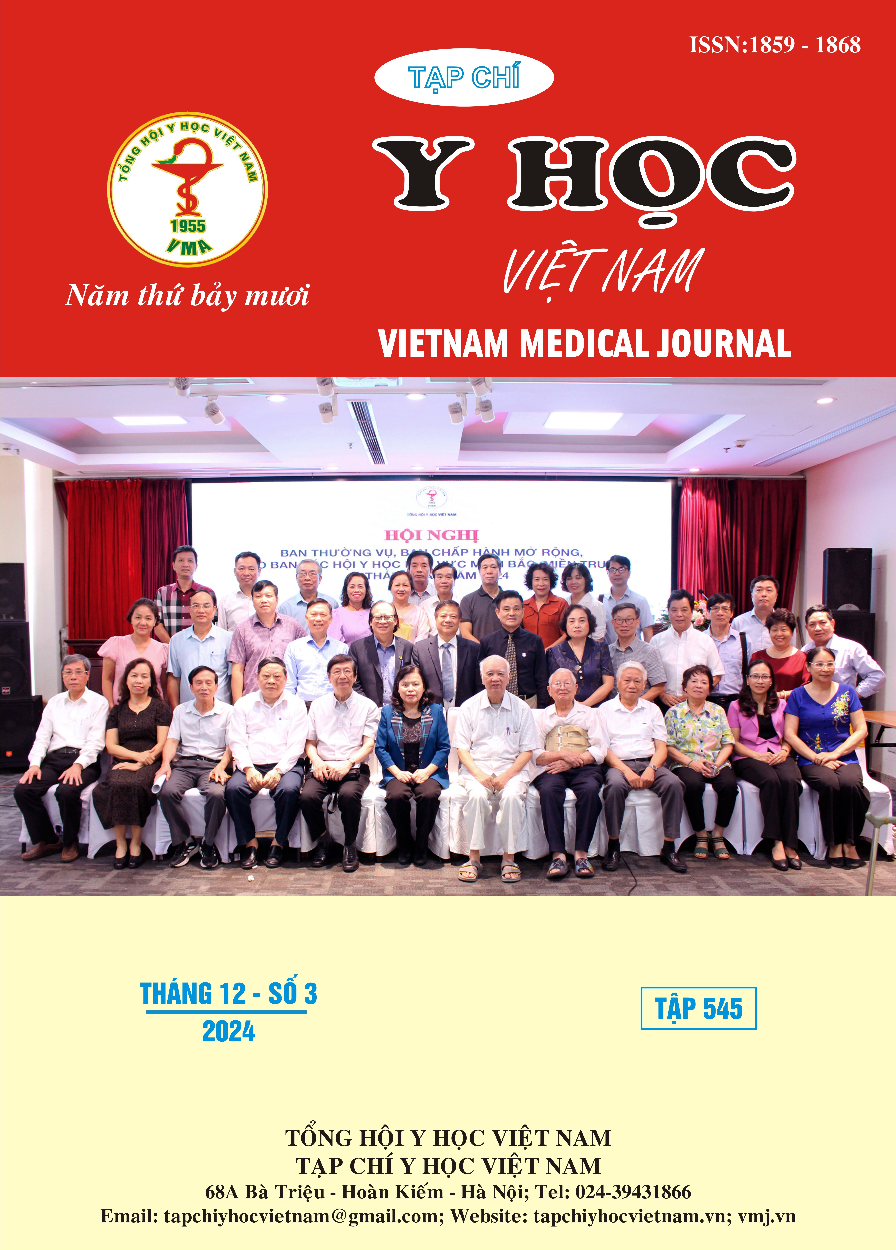EFFECTIVENESS OF A LOW GLYCEMIC INDEX DIET IN THE MANAGEMENT OF GESTATIONAL DIABETES: A SYSTEMATIC REVIEW OF STUDIES
Main Article Content
Abstract
Objective: The objective of this review is to evaluate the effectiveness of a low glycemic index (GI) diet in controlling blood glucose levels and obstetric complications in pregnant women with gestational diabetes mellitus (GDM). Subjects and Methods: This review synthesizes randomized controlled trials (RCTs) and analyses from 2012 to 2023, focusing on pregnant women with gestational diabetes mellitus (GDM) or those at high risk. The method compares a low glycemic index (GI) diet to a standard diet, tracking indicators such as blood glucose levels, insulin use, preterm birth rates, and macrosomia. Results: This diet helps reduce insulin use by 20-35% and lowers HbA1c levels by 0.5-1%. Additionally, it effectively controls maternal weight gain, reduces the risk of macrosomia from 10% to 5%, and decreases the rate of preterm birth from 12% to 7%. Conclusion: A low glycemic index diet is an effective strategy for managing gestational diabetes, improving blood glucose control, and reducing obstetric complications.
Article Details
Keywords
Gestational diabetes mellitus, low glycemic index diet, blood glucose control, obstetric complications, nutritional education
References
2. Deng, Y. et al. (2023). Effectiveness of low-glycemic index diet advice on pregnant outcomes: A meta-analysis. Clinical Nutrition ESPEN, 57, 2006-2018. https://doi.org/10.1016/j.clnesp.2022.07.023
3. Liu, L. et al. (2023). Effects of a low glycemic index diet on pregnant women at high risk of GDM: A meta-analysis. Nutrition, Metabolism and Cardiovascular Diseases, 33(10), 2006-2018. https://doi.org/10.1016/j.numecd.2023.07.019
4. Walsh, J. M. et al. (2012). Low glycaemic index diet in pregnancy to prevent macrosomia (ROLO study): Randomized control trial. BMJ, 345, e5605. https://doi.org/10.1136/bmj.e5605
5. Zhang, Y. et al. (2019). Effectiveness of low glycemic index diet consultations via app on maternal insulin resistance: A randomized controlled trial. JMIR mHealth and uHealth, 7(4), e12081. https://doi.org/10.2196/12081
6. Louie, J. C. Y. et al. (2021). Low-glycemic index diet in pregnancy and GDM: Systematic review. Nutrients, 13(7), 748-761. https://doi.org/10.3390/nu13070748
7. Markovic, T. P. et al. (2016). Low-glycemic index diet and pregnancy outcomes in high-risk women: GI Baby 3 study. Diabetes Care, 39(1), 31–38. https://doi.org/10.2337/dc15-0572
8. Moses, R. G. et al. (2006). Low-glycemic-index diet during pregnancy: Obstetric outcomes. Am J Clin Nutr, 84(5), 807-812. https://doi.org/10.3945/ajcn.2009.28138
9. Wei, J. et al. (2016). Low glycemic index diets and GDM: A meta-analysis. Medicine, 95. https://doi.org/10.1097/MD.0000000000003792
10. Louie, J. C. Y. et al. (2011). Low-glycemic index diet and pregnancy outcomes in GDM. Diabetes Care, 34(11). https://doi.org/10.2337/dc


